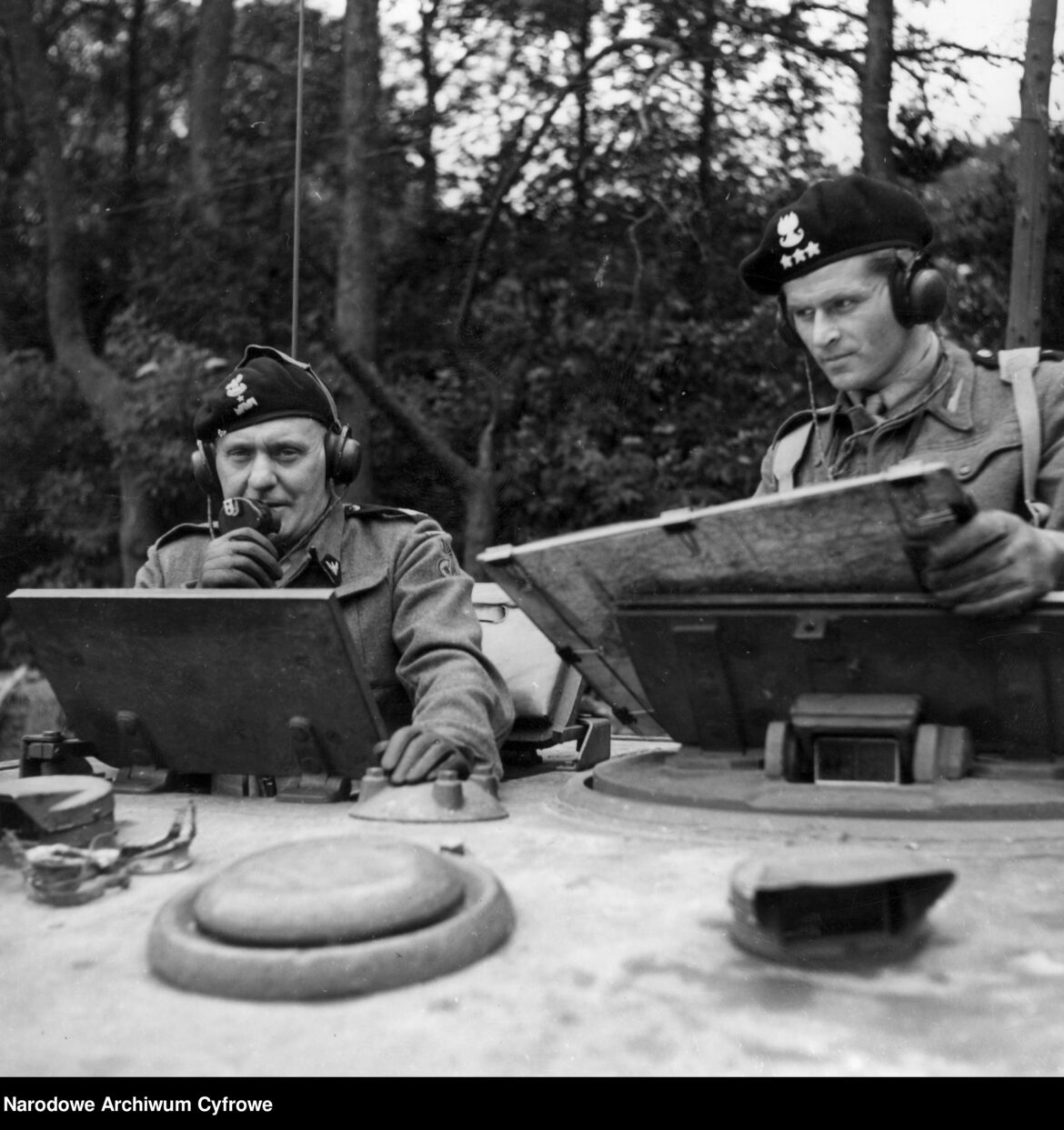130 years ago, General Stanisław Maczek was born. He was the legendary commander of Polish armored units, who did not lose any battle during World War II. After the war, the communists stripped him of Polish citizenship.
On March 31, 1892, Stanisław Maczek was born near Lwów (today’s Lviv) to a family of Croatian descent. In 1910, he graduated with honors from the gymnasium in Drohobych, in the same year he moved with his family to Lwów, where he began studies at the local university. He studied philosophy and Polish philology. The outbreak of World War I (1914-1918) and his recruitment to the Austrian army disturbed him to obtain his diploma. In the army, he graduated from the reserve officer school and was assigned to the elite 2nd Imperial Tyrolean Rifle Regiment. With his squad, Maczek participated in the battles with the Russians in Pokuttia and on the Italian front. He was wounded twice. During his stay in the hospital in Lwów in February 1918, he completed the formalities and obtained his diploma of graduation.
In November 1918, Stanisław Maczek joined the ranks of the emerging Polish Army. He took part in the battles with the Ukrainians, and then in the war with Russia Bolshevik (1919-1921), including the defense of Lwów. In 1938, he was entrusted with the command of the 10th Cavalry Brigade, the first large Polish motorized unit.
During the September campaign of 1939, his brigade fought with the Germans as a part of the Kraków Army and the Małopolska Army near Jordanów, Rzeszów and defending Lwów. After the aggression of the Soviet Union against Poland on September 17, 1939, Maczek and the entire brigade moved to Hungary, where they were interned. Maczek went first to France and then to England where he created the 1st Armored Division. This unit took part in the 1944 invasion of the Allied forces in Normandy. There, it played a key role in the Battle of Falaise, completing the encirclement of the German forces of the 7th Army and the 5th Panzer Army. Maczek’s soldiers took part in the liberation of Belgium and the Netherlands and the capture of Germany. They became famous by capturing the Dutch city of Breda without causing losses to the civilian population. The combat trail of the 1st Armored Division ended with the capture of the German Navy (Kriegsmarine) base in Wilhelmshaven in May 1945.
In 1946, Maczek, like many other senior military commanders, was deprived of Polish citizenship by the communist authorities. He had to settle permanently in Scotland, where he worked for many years as a bartender in one of the Edinburgh hotels. He died on December 11, 1994, at the age of 102. He was buried next to many of his subordinates in the cemetery of Polish soldiers in Breda.





